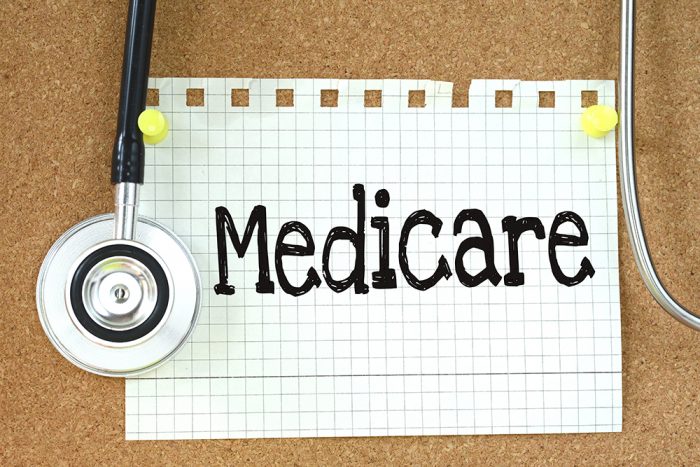The next phase of the Centers for Medicare and Medicaid Services (CMS) inpatient rehabilitation facility (IRF) review choice demonstration (RCD) is scheduled to be implemented in Pennsylvania on June 17, 2024, and will last for five years. This demonstration applies to only IRF providers physically located in Pennsylvania.
Between May 3, 2024, and June 2, 2024, IRFs must select either 100% pre-claim review or 100% post-payment claim review.
CMS has stated that creating a review choice process will ensure Medicare coverage and documentation requirements are likely met. This program reduces the number of Medicare appeals, improves provider compliance with Medicare program rules, does not alter the Medicare IRF benefit, and should not delay medically necessary care to Medicare beneficiaries.
Novitas Solutions is the Medicare Administrative Contractor (MAC) for Pennsylvania and will process the IRF claims. In preparation for the implementation of IRF RCD, Novitas Solutions will be conducting their first webinar on April 24, 2024, from 1:00 pm – 2:30 pm. Registration to participate in this webinar is now open. Members are strongly encouraged to participate in this webinar to prepare for this demonstration. If the registration link does not work, please copy and paste the below link into your browser to register:
https://fcso.webex.com/webappng/sites/fcso/meeting/register/0fd87e2111f7446fa477d0a25f78674c?ticket=4832534b000000073a942d9e6f94601b6b106adc8f502bcee359653432e8c326edb0f50ebc253329×tamp=1711559626291&RGID=re6663754d2fe70defe3195e29c69465a
In addition to information on the CMS website, Novitas Solutions has a dedicated website that provides a great deal of information and resources on IRF RCD.














